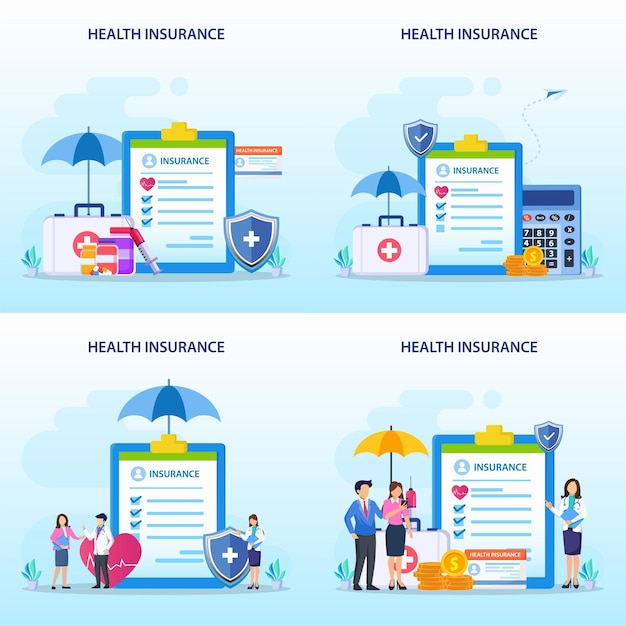
If you employ anyone, irrespective of their contract status – casual or permanent, full-time or part-time, volunteer or paid – the law requires you to have Employers’ Liability Insurance. This policy must cover at least £5 million. If you fail to meet these conditions, you can face legal action from the Health and Safety Executive and significant daily fines. In worse scenarios, you may face up to 14 years of imprisonment.
Employers Liability Insurance is primarily designed to secure your employees. In case they sustain injuries or die at their workplace due to any negligence on part of the business, they (or their family members) can seek damages or compensation for their anguish and related losses. If they win their litigation, the compensation amount can be claimed from your business or personal assets, if you’re not a limited company. Few small businesses, however, have assets substantial enough to cover these costs.
The purpose of Employers’ Liability Insurance is not just to cover the compensation but also any associated legal expenses, which can amount to several thousands of pounds.
Small businesses often engage close family members to undertake important tasks. The benefit is that immediate family members are typically not considered ‘employees’, exempting you from the need of Employers’ Liability Insurance (though it can still be beneficial to have, particularly if their contribution impacts the operation of your business). Note that if your business is a limited company, you need to have Employers’ Liability Insurance even if a close relative is in your employment.
Ignoring your obligation to have Employers’ Liability Insurance could lead to repercussions, even if your employee does not sue for damages or their claim is unsuccessful. Authorities, like the Health and Safety Executive or the Police, can still bring criminal charges against you.
To identify whether someone qualifies as your ’employee’, consider the following factors:
– Do you remunerate them?
– Do you handle their tax and national insurance?
– Do you provide the equipment necessary for their work?
– Do you direct their work specifics – how, when, and where?
An affirmative answer to any of these questions means that you have an employee. If uncertain, consult a lawyer. It will cost much less than unwanted Employers’ Liability Insurance premiums or paying compensation and/or a fine for not having it when legally obligated.


